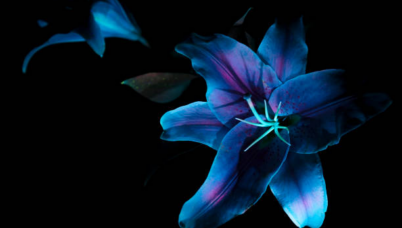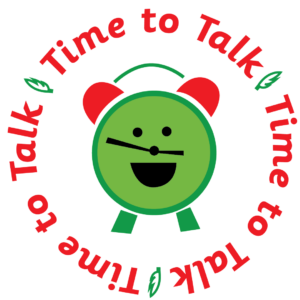Morning Starters: Spring 1 - Flowering Plants
Did You Know?
Many plants need insects for pollination. However, many insects (such as honey bees) don’t see the world in the same way that humans do. Because of this, flowers have had to learn to advertise themselves to bees in a way that they can understand. Like secret ink, many flower petals have special ultraviolet markings that guide the bees towards the nectar and pollen at the centre of each flower.

Word Challenge
How many different words can you make, using letters contained within the word ‘pollination’?
Example: lotion – pollination
Grammar Challenge
Write a second descriptive sentence that follows on from the sentence below.
The flower emitted an ultraviolet glow.
Number Challenge
Professor Greenfingers counted 36 flowers in his garden. Of these, 24 flowers glowed bright purple under UV light.
What was the percentage of flowers that glowed purple in the professor’s garden?
Critical Thinking
During pollination, both the flowering plant and the pollinating insect benefit from their interaction; the insect gets fed and the plant can develop its seeds. This is called symbiosis.
Where else might symbiosis take place in the world?

 Sign in
Sign in

